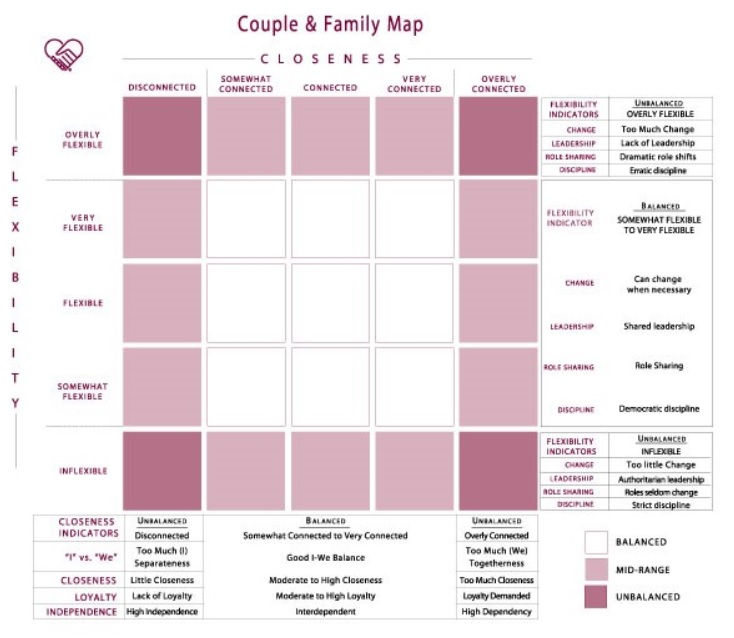Living with a Christian Worldview
- rogerlinpsyd
- Feb 6, 2025
- 4 min read
Updated: Feb 19, 2025
A Christian worldview is a comprehensive perspective on life, the universe, and everything, rooted in the bible. A Christian worldview believes that God is the Creator of all things, and that human life and all aspects of the world exist to reflect and honor God.
Tenets of a Christian Worldview:
God as Creator: Christians believe that God created the world and everything in it, and that creation is good (Genesis 1). Human beings are seen as created in God’s image, endowed with inherent dignity and purpose.
Sin and Redemption: The Christian worldview views human beings as fallen into sin (Genesis 3) and thus became separated from God. However, through the life, death, and resurrection of Jesus Christ, humanity can be redeemed and reconciled to God.
Moral Absolutes: Christians believe that morality is objective and rooted in God’s character, as revealed through Scripture. There are absolute standards of right and wrong that transcend cultural norms and human opinions.
The Kingdom of God: Christians view life as part of God's unfolding redemptive plan, where God's Kingdom is both a present reality and a future hope. Believers are called to live in God's Kingdom, which means living according to God’s will and seeking justice, mercy, and love.
Eternal Life: A Christian worldview holds that life on earth is not the end, and that after death, people will be judged and spend eternity either in God's presence or separated from Him.
Difference Between a Christian and Secular/Humanistic Worldview:
Existence of God: A Christian worldview affirms the existence of an all-powerful, personal God who created and sustains the universe. In contrast, a secular or humanistic worldview typically rejects the supernatural and may embrace atheism, agnosticism, or pantheism. Secularism often believes in human autonomy without the need for divine intervention.
Human Nature and Purpose: Christianity teaches that human beings were created in God's image and that their purpose is to love and serve God, as well as one another. Human nature is seen as fallen and in need of redemption. On the other hand, secular worldviews often emphasize human beings as inherently good or neutral, with purpose derived from self-determined goals, societal contribution, or personal fulfillment.
Morality: Christians believe in objective moral laws, grounded in God’s nature and revealed through Scripture. Secular humanism tends to argue for morality based on human reasoning, societal consensus, or individual preference, without an objective foundation beyond human agreements.
Afterlife: Christianity teaches that life does not end with death but that there is an afterlife determined by one’s relationship with God. In secular humanism, life is often seen as finite, and death marks the end of existence, with no continuation beyond it.
Core Principles of Living with a Christian Worldview:
Love God and One Another: This is the central commandment in Christianity, based on Jesus' teaching in Matthew 22:37-39. Christians are called to love God with all their heart, soul, mind, and strength, and to love their neighbors as themselves. This is foundational to a Christian life.
Stewardship of Creation: Christians believe that the earth and everything in it belongs to God (Psalm 24:1), and that humans are stewards of creation. This involves caring for the environment, responsibly using resources, and working toward sustainability.
Living According to Scripture: Christians believe that the Bible is God's word. By obeying Scripture, individuals learn to live in accordance with God’s will, pursue justice, and demonstrate love and mercy.
Grace and Forgiveness: Central to the Christian worldview is the idea of grace—unmerited favor from God. Christians are called to receive grace from God and extend grace and forgiveness to others, as they have been forgiven by God (Matthew 6:14-15).
Witness and Evangelism: Christians believe that sharing the good news of Jesus Christ is a vital part of their mission on earth. This involves living as witnesses to the transformative power of the Gospel and actively seeking to share it with others (Matthew 28:18-20).
Community and Church Life: Christianity emphasizes the importance of being part of a Christian community, where believers can support each other in faith, worship together, and serve their local and global neighbors.
Practical Applications of a Christian Worldview:
God-centered: We confess our sins and need for forgiveness from God in Christ daily. We live for God not ourselves.
Ethical Decision-Making: In everyday life, a Christian worldview influences decisions, such as how to treat others, how to approach work, money, and relationships. Christians may seek to make choices that reflect God's moral standards and serve others selflessly.
Work and Vocation: Christians see work not just as a means of earning a living, but as an opportunity to serve God and others. They may view their vocation as a calling to use their skills and talents for God's glory.
Social Justice: A Christian worldview drives believers to care for the poor, the oppressed, and the marginalized. This can manifest in efforts for social justice, advocacy for the voiceless, and actions to address systemic inequalities.
Family and Relationships: Christians are called to honor marriage, family, and relationships according to Biblical principles. This includes faithfulness, mutual respect, and love as foundational elements in family life.
A Christian worldview is rooted in the belief in a personal, sovereign God, the redemption of humanity through Jesus Christ, and the call to live a life of love, service, and moral integrity for the kingdom of God.

Comments